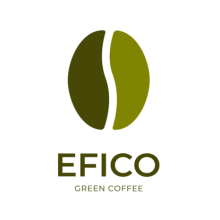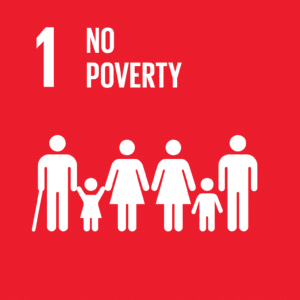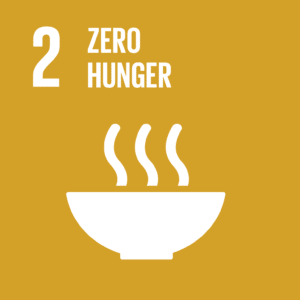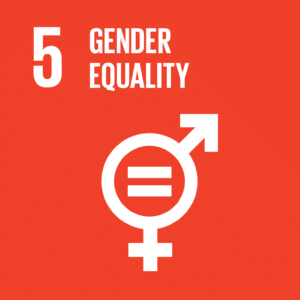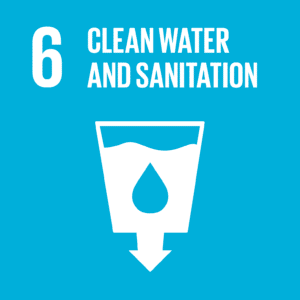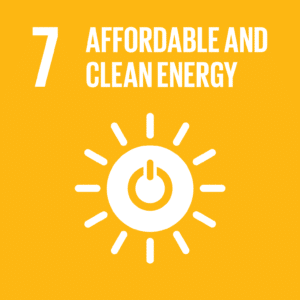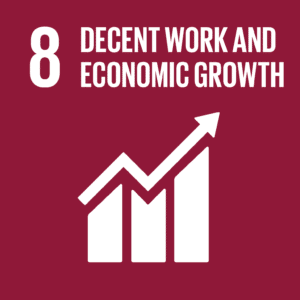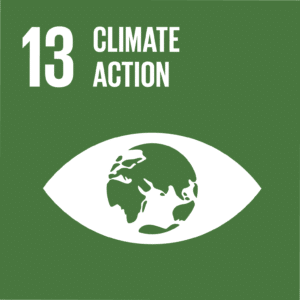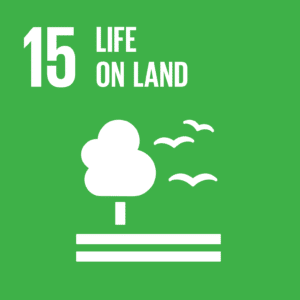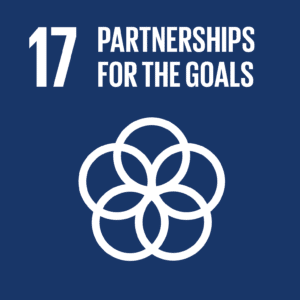Climate-smart agricultural practices in the coffee value chain
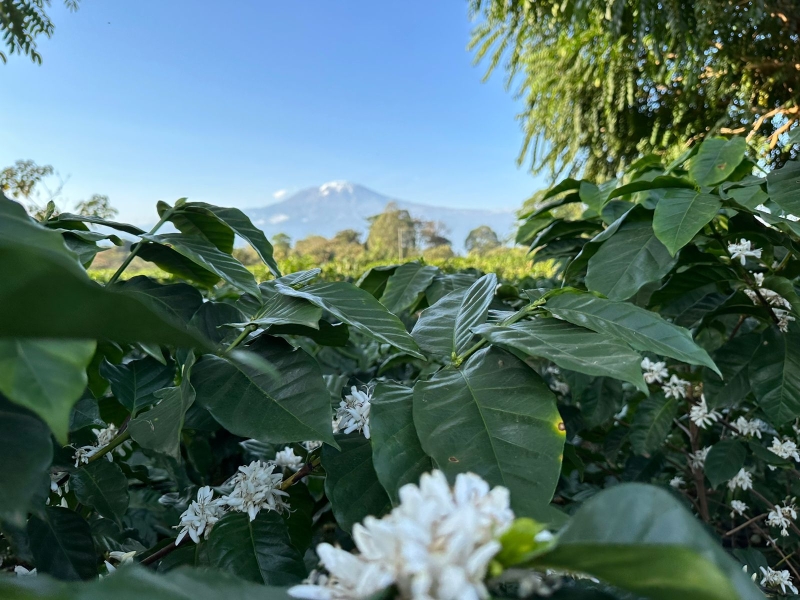
Agricultural potential under pressure by climate change and water scarcity in Tanzania
The Kilimanjaro region of Tanzania boasts immense agricultural potential due to its fertile volcanic soil, water-rich environment, expansive forests, and cool high-altitude climate. Despite these advantages, most farmers focus on a few staple crops, such as maize, and rely on traditional farming methods and rainfall. This dependence makes them vulnerable to food insecurity and the impacts of climate change, including irregular rainfall, rising temperatures, and drought.
The coffee sector, which is vital to Tanzania's economy and supports over 450,000 smallholder farmers, is also under significant pressure. Extreme weather conditions can reduce yields by as much as 50%, jeopardising incomes and threatening the livelihoods of many families.
In addition, the lack of knowledge about sustainable and regenerative farming techniques has led to soil degradation and declining productivity. Inefficient irrigation practices contribute to soil erosion and result in water losses of up to 60%, reducing water availability and triggering social conflicts over water distribution. In the Weruweru River basin, this threatens the water supply for more than 30,000 people.
Sustainable agriculture, water management and ecosystem restoration
To promote climate-smart agriculture, a multi-stakeholder partnership is being established, involving small-scale farmers, with a particular focus on women and youth, in decision-making processes. The partnership provides access to technology, training, and financing models, strengthening collaboration between farmers, governments, and other stakeholders. Awareness campaigns and targeted training programmes enhance engagement and improve access to knowledge and resources.
In the Weruweru river region, efficient low-CO2 irrigation systems are being installed. These systems use closed water pipes and advanced drip and sprinkler technology, significantly reducing water loss and eliminating the need for diesel pumps. Demonstration plots will showcase how these systems optimise water use and increase crop yields. Farmers will receive technical support and training to effectively use and maintain these systems.
Regenerative farming practices, such as crop rotation, mulching, and reduced fertiliser use, are being implemented to restore soil health and biodiversity. These practices enhance farm resilience, reduce CO2 emissions, and combat soil erosion. Additionally, reforestation of river buffer zones contributes to ecosystem restoration and the protection of water bodies, such as rivers and lakes. Through training and awareness campaigns, farmers will learn about the benefits and practical application of regenerative agriculture.
On 440 hectares of demonstration plots within two rural cooperatives, successful climate-smart agricultural practices are showcased. Sustainable irrigation systems reduce water loss by 60%, eliminate the need for diesel pumps, and increase crop productivity by 60 to 100%. These systems ensure a reliable water supply and enhance agricultural productivity in the region. Additionally, regenerative farming practices, such as crop rotation and mulching, are applied to restore soil health and biodiversity.
Through targeted awareness campaigns and training, 3,500 farmers learn how to use and maintain efficient irrigation technologies and understand the benefits of regenerative agriculture. This not only improves water management but also makes their farms more resilient to the impacts of climate change.
This integrated approach not only strengthens agricultural production but also contributes to the restoration of local ecosystems and community resilience. It lays the foundation for a sustainable and future-proof agricultural sector in the Kilimanjaro region.
Would you like to know more about this project?

